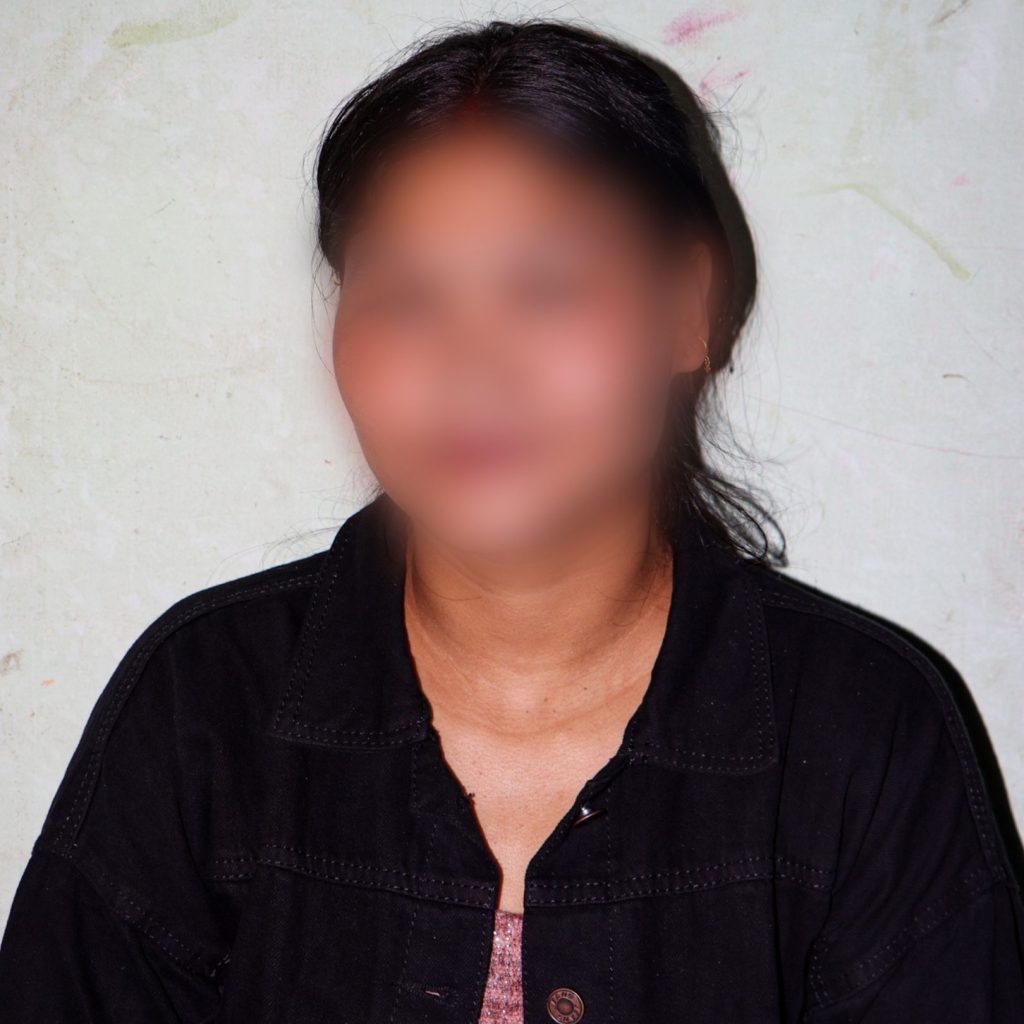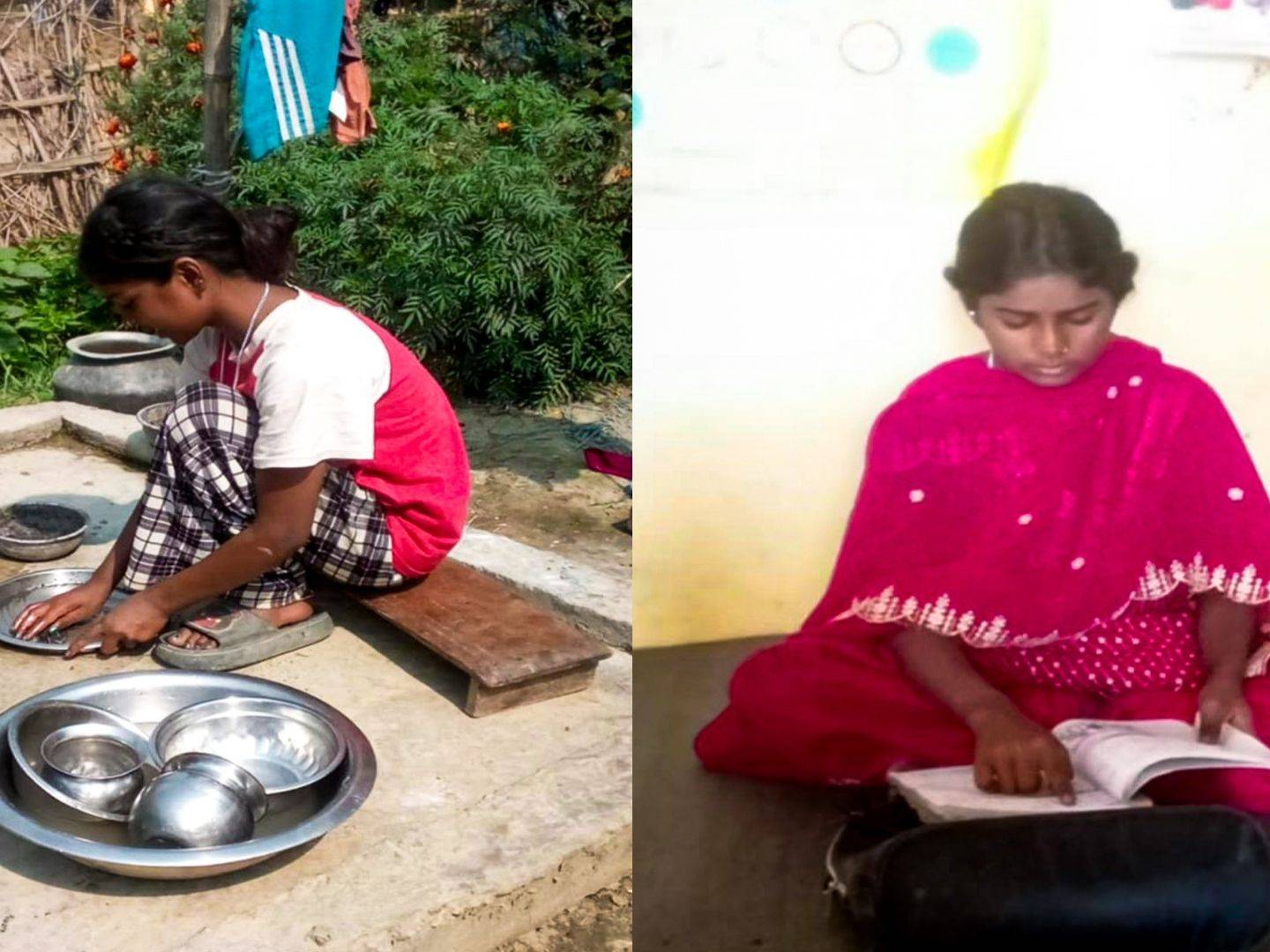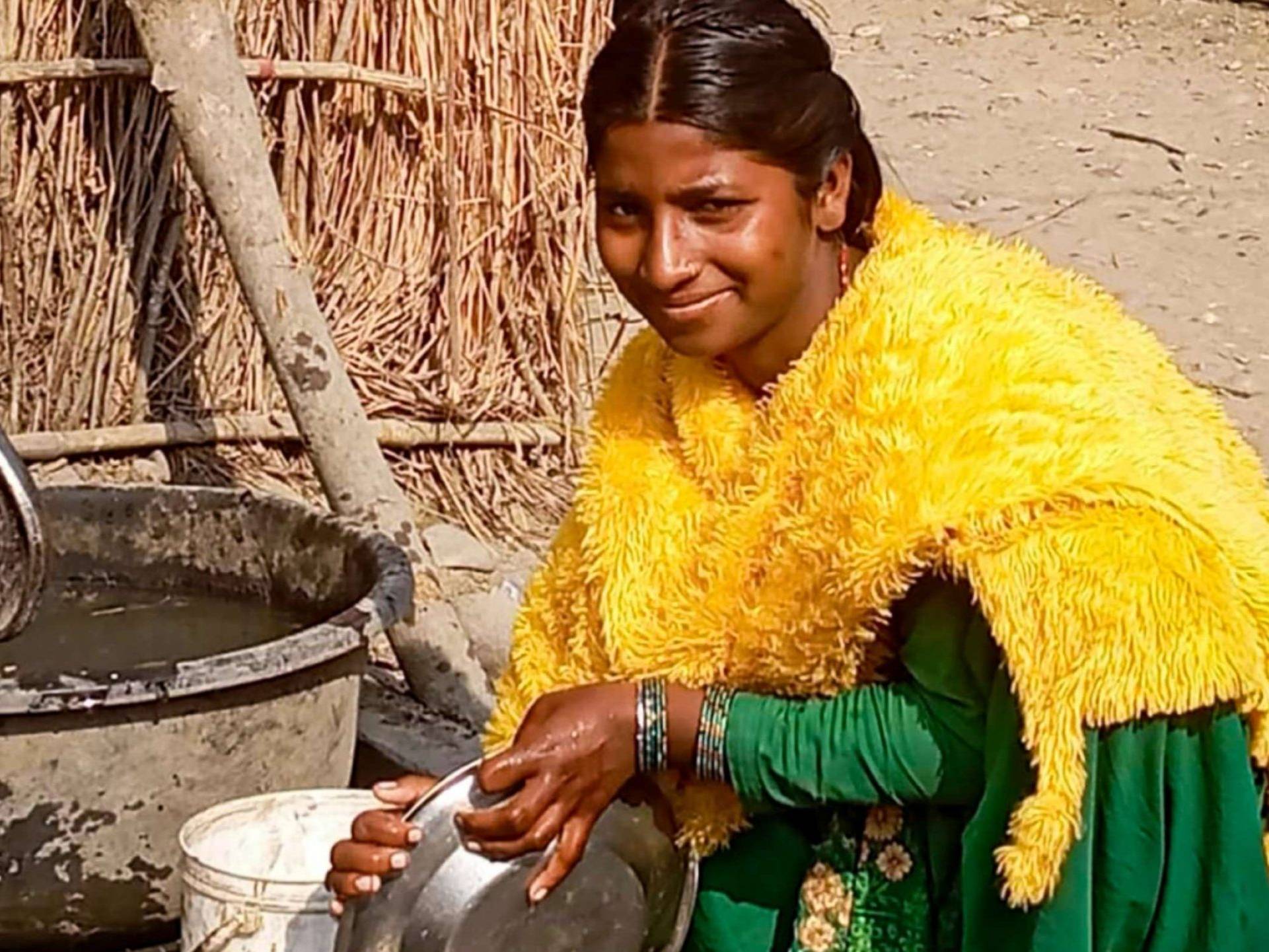Asmita (22) had gone through a lot as a woman despite only being in her early 20s. Her story shows how difficult it is for the poor to improve their lives because all the economic, cultural, and social odds are stacked against them. The world is unforgiving to the poor, especially to women.
Growing up, Asmita had always dreamt of becoming a designer. At a young age, she already knew she had a gift for the visual arts and was bright. She easily understood concepts being taught at school and enjoyed learning. She was hopeful that one day, she would carve her own path to her own kind of success. But things changed in her 7th grade. One day, her parents sat her down and told her she couldn’t attend school anymore. They could no longer afford it, and they needed her help in the fields to work and put food on the table. This crushed her. Suddenly, all her hopes and dreams of becoming a designer vanished. It was a fantasy that the poor could not afford. Asmita is the eldest daughter of her family, and without any question, she needed to say yes. After all, it was the norm. In her community, the eldest daughters always took the brunt of the work when the parents could not provide enough.
Somehow, Asmita found a way to find peace in herself working at the fields instead of going to school. She thought, ‘What’s the worst that could happen?’ Unfortunately, there was something worse. Not only is she poor, but she is also a woman. And in Nepal, women are forced into marriages in exchange for a few economic benefits. She barely knew the man, but society conditioned her to say yes. She could say no, but the consequences outweighed the benefits.

Asmita now wears so many hats: an eldest daughter, a wife, a daughter-in-law and now—a mother to a two-year-old boy. Every day, she tried to do all the labor asked of her to effectively fulfill these roles. She would wake up in the morning and immediately perform household duties. She will make sure her son is fed before she heads to the farm fields. She believed that the crops she worked on would yield abundance. But in truth, they only lasted up to 4-5 months. Before, she only cared about helping her parents but now she became more alarmed to fall in a deeper pit of financial desperation with a son to raise.
She actively looked for additional sources of income, and there, we found her. At that time, we were looking for participants in our tailoring training through our Captivating Village Development Program. Recognizing how this could be an excellent opportunity for her, she enrolled and committed to learning a lifelong skill. Asmita returned to be the bright and active student she once was. Always present, asking questions, and practicing even after past training hours. It’s no surprise that she enjoyed and excelled at dressmaking!
When interviewed about her experience, she said a truly heartfelt message that keeps us determined to keep doing what we do in Captivating International. She said:
“It felt like I was reliving the life I had left behind. This has only been possible because of the support from Captivating Nepal. I am truly grateful for this chance. I believe that this journey of learning will one day lead me to success.”
Now, Asmita wears one more hat: a tailor! And it’s the one that helps her not only survive—but thrive.
Our Partner

Be a Part of the Solution
Support the Captivating Village Development Program to help secure education for out-of-school village girls and provide families with the tools they need to escape extreme poverty.
Sustainable solutions start with your help.



